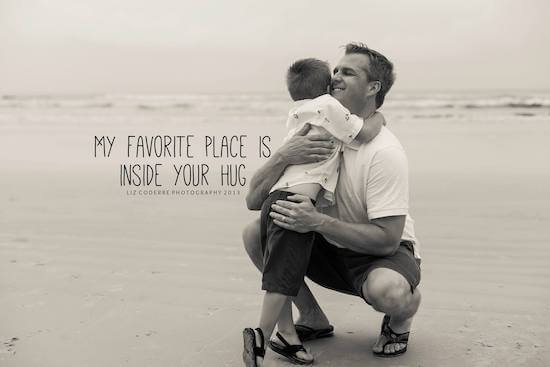
My thoughts today came after reading a piece by Arthur C Brooks called: “Dads just want to help“, with a subheader that begins “Sacrificing for their kids makes fathers happier”.
This last weekend was Father’s Day. My most valued and important role in life is being a Dad. However this year at Father’s Day, like last year, I am separated from my sons by distance and the pandemic. Yes, I’m always there for them via video, email, text, there to advise, help, support, share funny jokes and memes, banter about how Scotland did so well against England at football last week. All great, all wonderful Dad and son stuff, but not having my presence with them for so long, even though they are all adults now, leaves me feeling a little less happy in that I simply can’t make the sacrifices I used to.
I don’t “feel bad” about this, I simply know that when I am doing things for my boys, I feel good. As Arthur Brooks says, sacrificing for my kids makes me happier. Not happy, but happier. It “fills my cup” fuller than it already may be.
To me, the right kind of sacrifice feels good. All parents will identify with having less time, sleep, energy, money, resources due to being a parent, particularly so when children are younger (though sometimes given modern economic factors that can continue well into adulthood!). Being a father, then, is a great example for me of “when sacrifice feels good”, I love to do things to support my boys.
However, my thoughts today then go to the word sacrifice and how we feel about it. First, a common definition of the word is: “to give up (something valued) for the sake of other considerations”. To “give up”. Hmm.
“Giving To” vs “Giving Up”
As a Dad, whenever I have done things for my children, even when it means I “sacrifice” “something valued” for myself, I always feel I am “giving to” them, not giving up something. I have positive energy towards that, so I struggle to identify with the word “sacrifice” when it comes to my boys.
Now, as often, I think and then write about connections to business and to leadership. In business, at the simplest level, people “sacrifice” their time and energy for a paycheque. They sacrifice in return for you paying them.
For thousands of years, this has been the economic bargain, and one that drove the industrial revolution and all capitalist economies. However, the compact between company and worker has been changing more and more over time, with the pandemic being akin to a war in terms of rapid change (as in “war is the locomotive of history” as famously said by Leon Trotsky at a time when trains were the height of speed of progress).
Thriving businesses don’t ignore this compact of “pay in return for time”, but they also look to treat their people well, not just with “perks”, but by listening to them, encouraging ideas and innovations from anywhere and everywhere, and seeing where they are inspired. A good company can simply pay their people just enough that they come to work and don’t quit to go elsewhere. A great company is more collaborative, they are in a relationship with their people, not simply in a transaction with them.
When people feel they are in a relationship rather than a transaction, they don’t feel as much that they are sacrificing anymore, aren’t “giving up” what they value, they (at least to some degree, though not like a parent with their child, nothing is like that!) are “giving to” something, to a business, even to an idea, perhaps even to an ideal? When you hear some businesses are “like a cult”, then in a lot of cases their people work far more and with far more passion and enthusiasm than “I’m just in it for the paycheque”, so this is worth considering at all levels for leaders.
What drives us apart from money?
As Dan Pink notes in his thoughts on what drives us, (tl;dr Purpose, Mastery, Autonomy), we humans will give to projects, ideas, causes huge amounts of our time, energy and passion, as once we are paid to a sufficient level, money is not what truly motivates us. See the ten minutes RSA Animate video below, one of the greatest talks I have ever heard and one I have shared with thousands of people.
In his talk, Dan gives great examples from business and beyond of where people give and give and give some more when they find something they want to give to.
Those people aren’t sacrificing, they are giving to, not giving up. So, thoughts of this Dad to leaders everywhere, think about how you can shift the dynamic with your people more and more from “giving up” to “giving to”.
